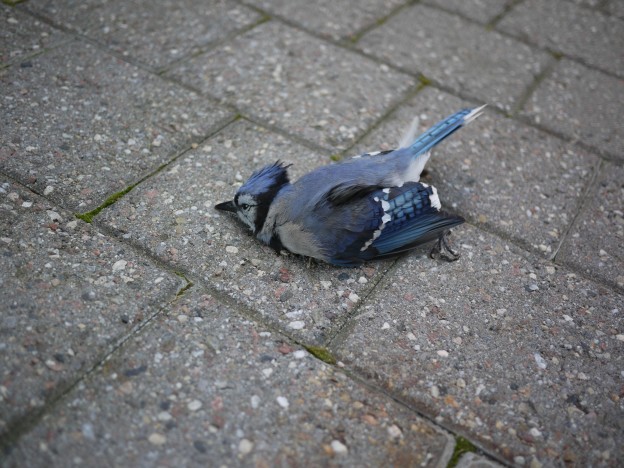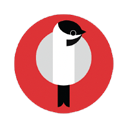Please retrieve dead birds immediately so we can document the fatalities. Birds not collected right away usually disappear very quickly, eaten by scavengers (e.g. gulls or crows), swept up by maintenance staff, or discarded by passersby. Please note that we only collect birds that are likely to have collided with glass.
Here’s what to do:
- Place the bird in a bag and write down your name, phone number and/or email address, along with the date, time, address and side of the building where the bird was found.
- Birds in deep shock may appear dead. If you are not absolutely sure, treat it as a live bird.
- Call 613-216-8999 or email help@safewings.ca to arrange a pickup or drop off, and report the collision using this form.
- If pickup or dropoff cannot be immediately arranged, please wrap the bird in a piece of tissue or paper towel, place it in a sealed plastic bag, and freeze it.
- If you are unable to collect the bird, please hide it in a safe place (e.g. tucked into the corner of a planter) and let us know as soon as possible where we can find it.

Collecting dead birds is important both for scientific purposes — it helps us better understand the problem of bird collisions — and for public awareness. We maintain detailed records of all the birds we find, and add the information to our database. We keep the bodies to confirm species identification, use them for an annual public display, then donate them to universities, museums and other qualified institutions.
Safe Wings holds a scientific permit from the Canadian Wildlife Service that allows our volunteers to collect bird carcasses of species covered under the Migratory Birds Convention Act. We obtain special permits for raptors and other species, as required, from the Ontario Ministry of Natural Resources. Without such permits, it is illegal to possess any birds or parts of birds, including feathers.




